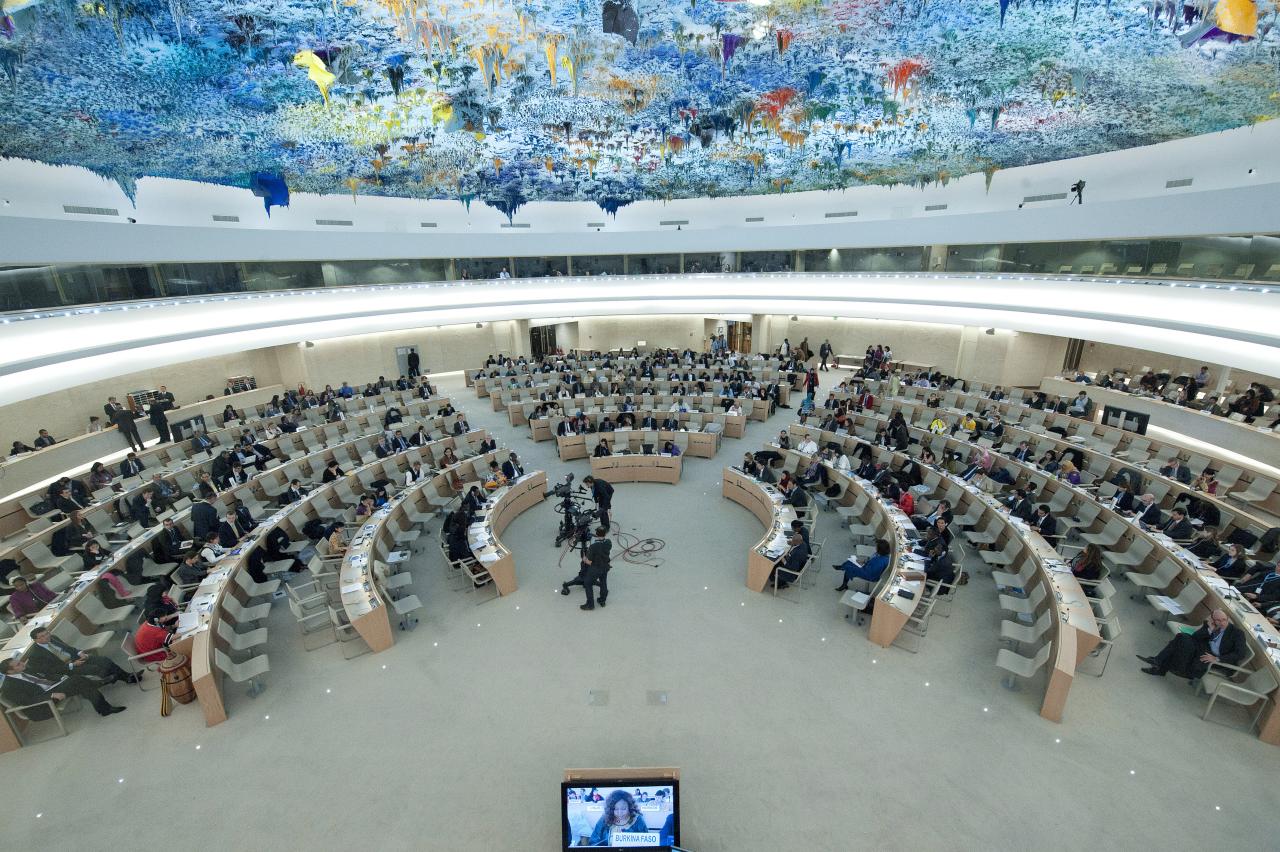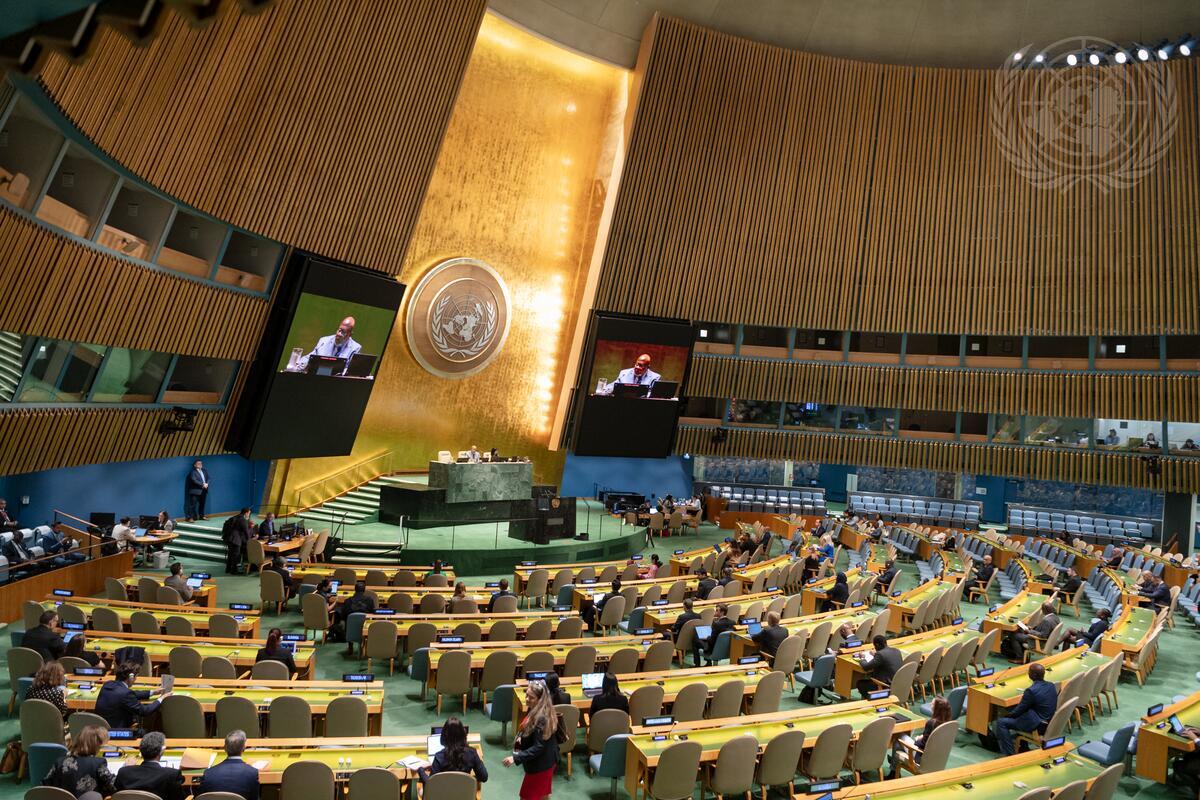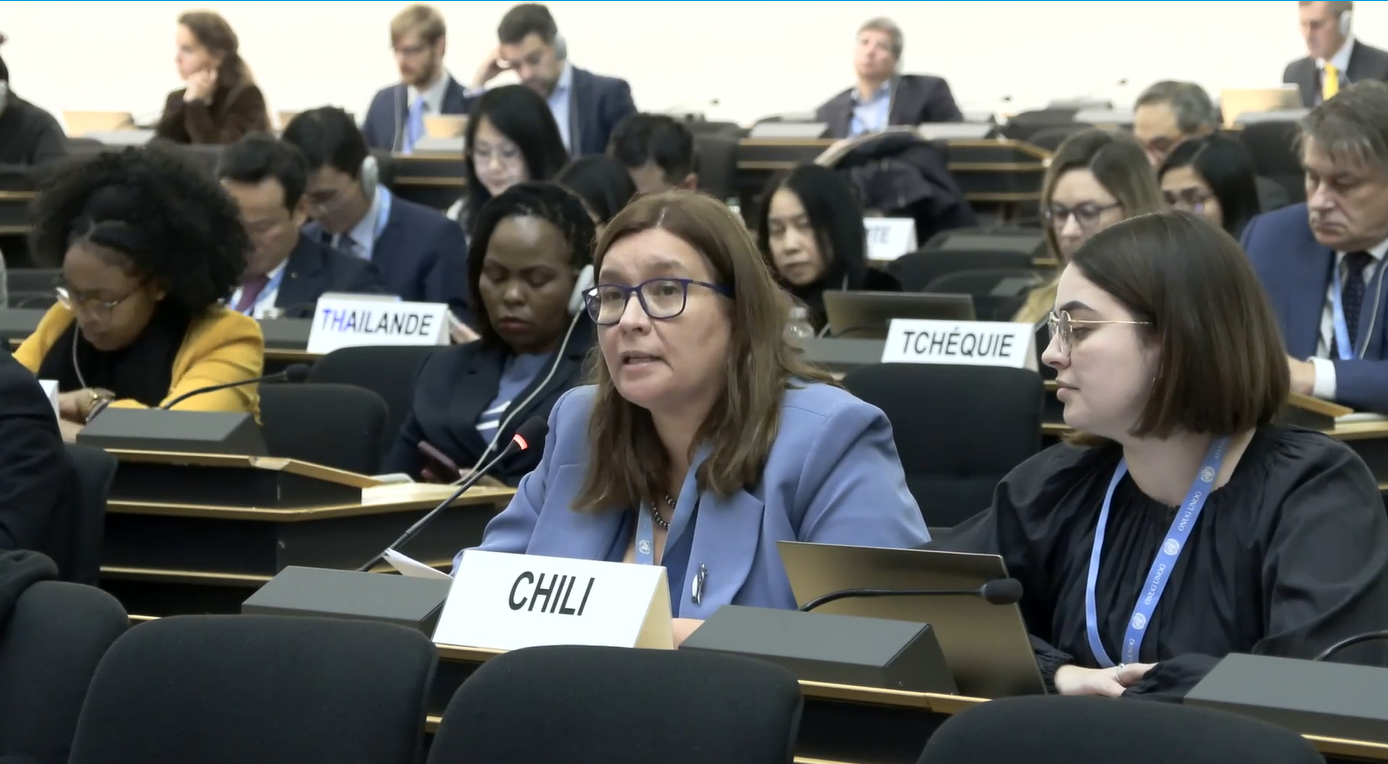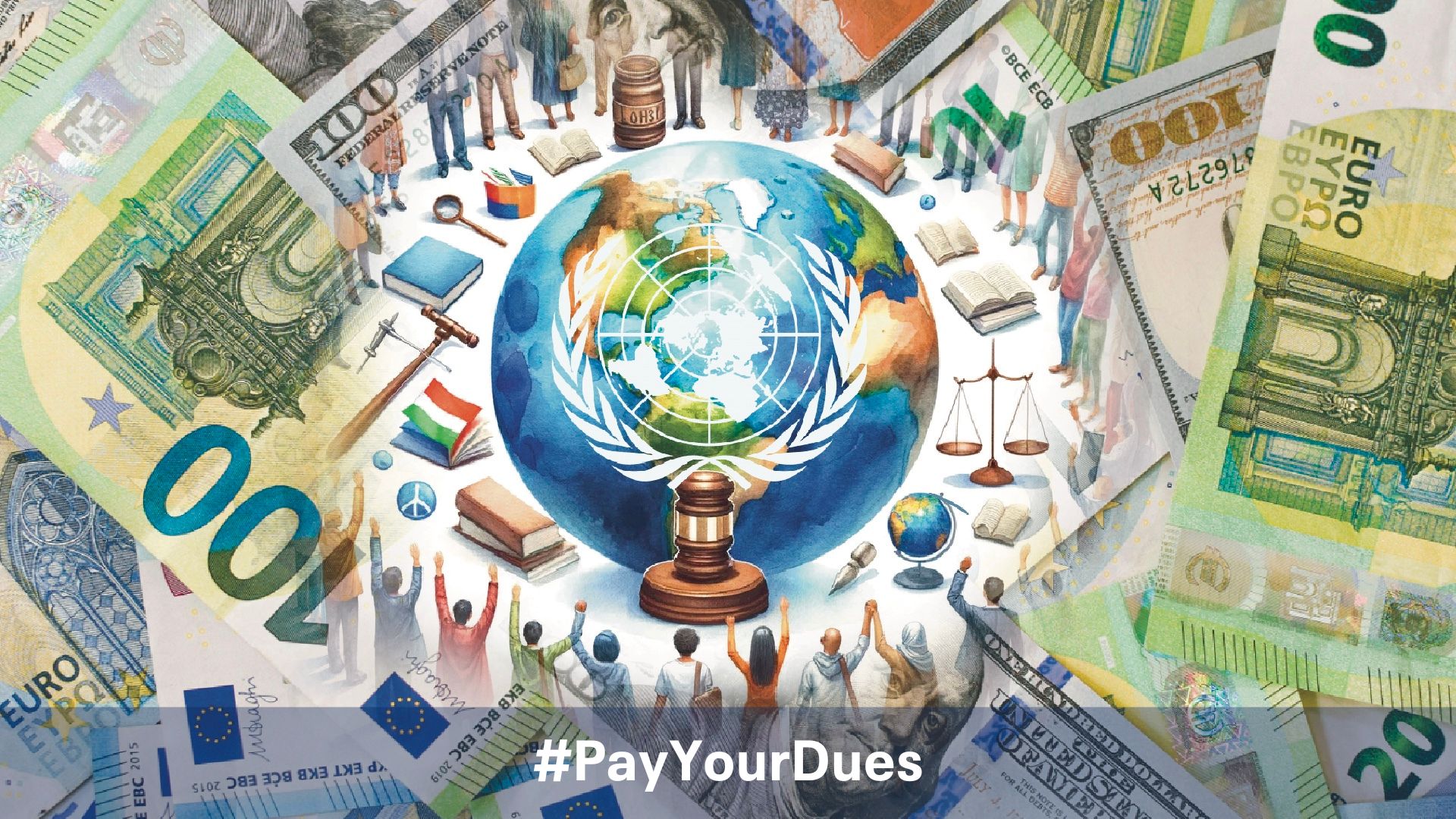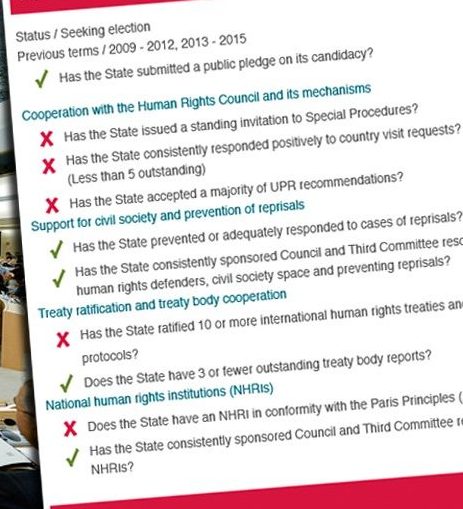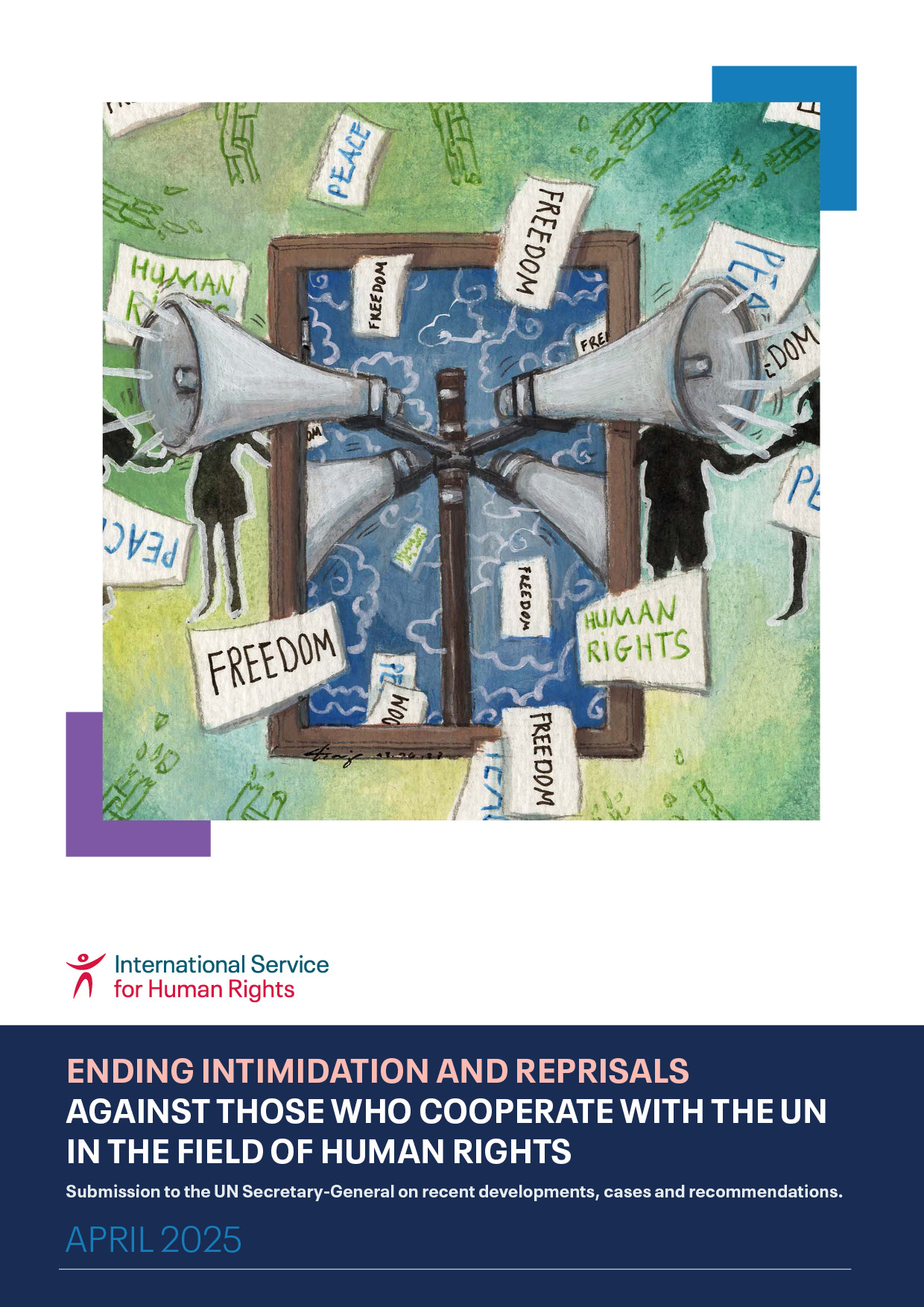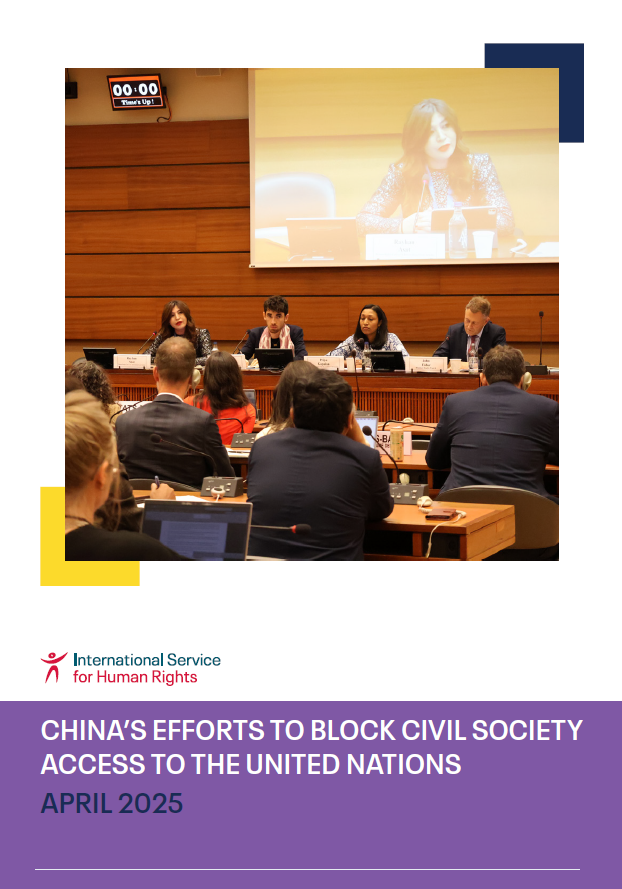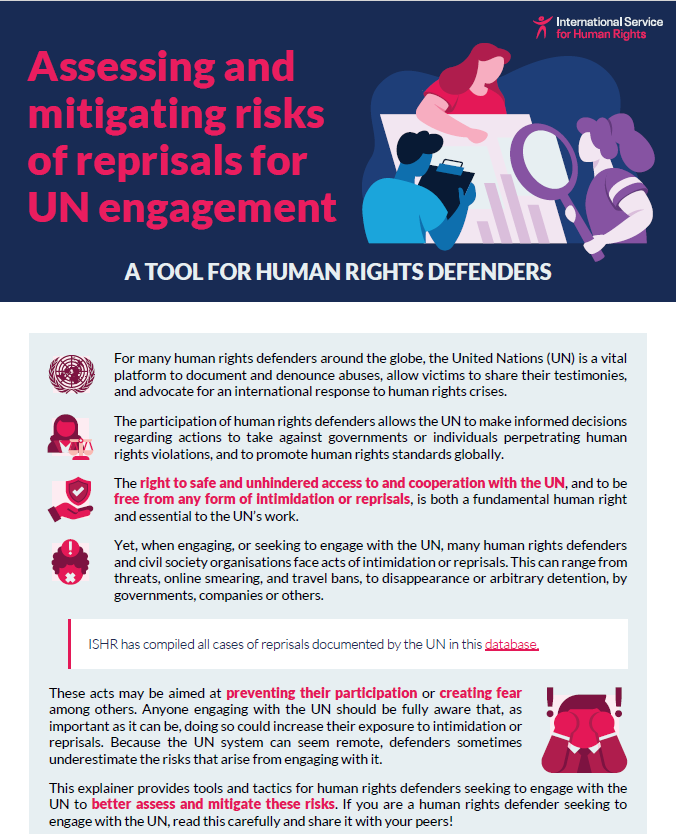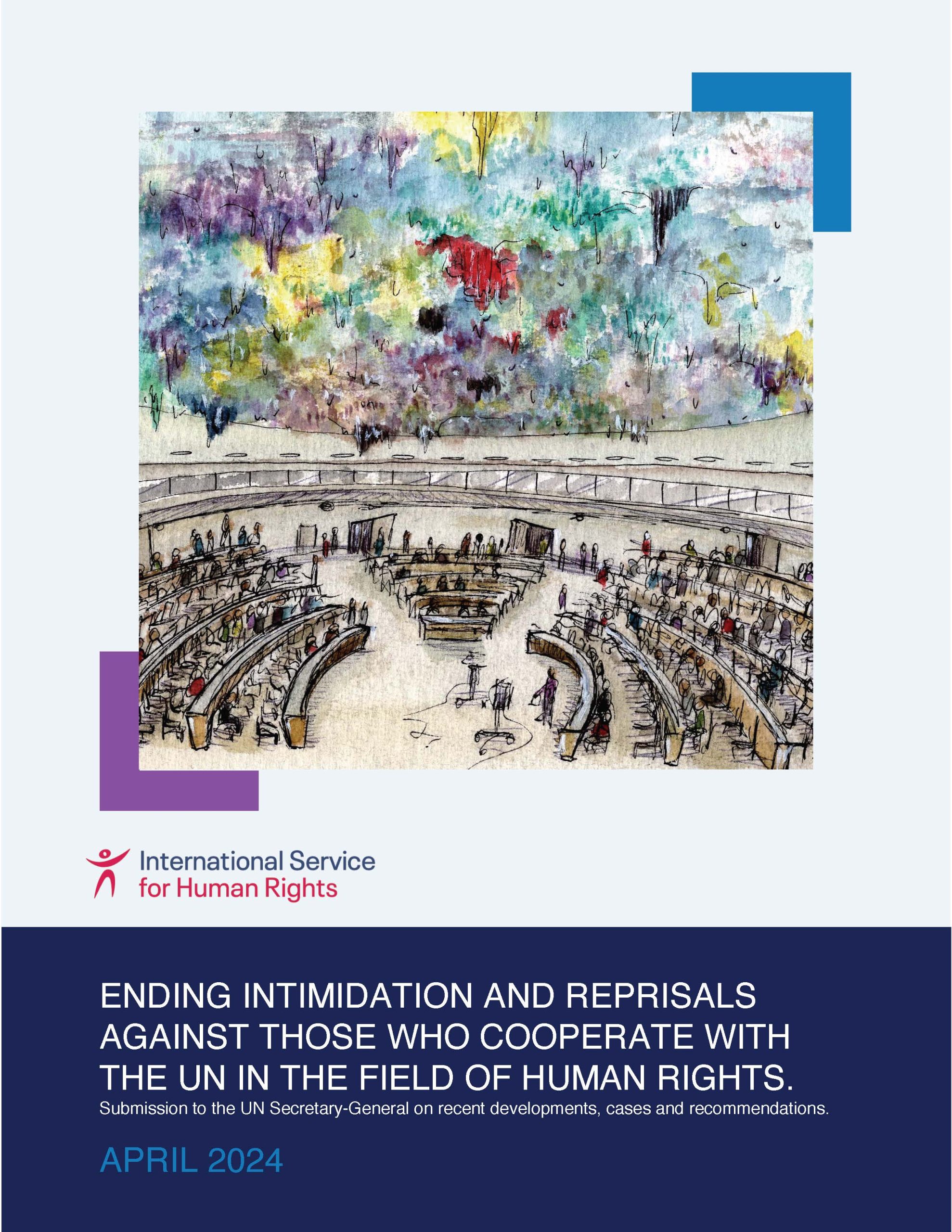ISHR works intensively at the Human Rights Council to support the work of human rights defenders. Our strategic combination of research, capacity building, policy development, and advocacy seeks to ensure that the Council is accessible to human rights defenders, protects them against intimidation and reprisals, and is an effective mechanism for change on the ground.
We also monitor and report on States’ cooperation with the Human Rights Council and advocate to ensure that States that seek membership are held to account for their commitment to ‘uphold the highest standards in the promotion and protection of human rights’.
Read more about our impact and vision in making progress and preventing regress for civil society at the UN.


